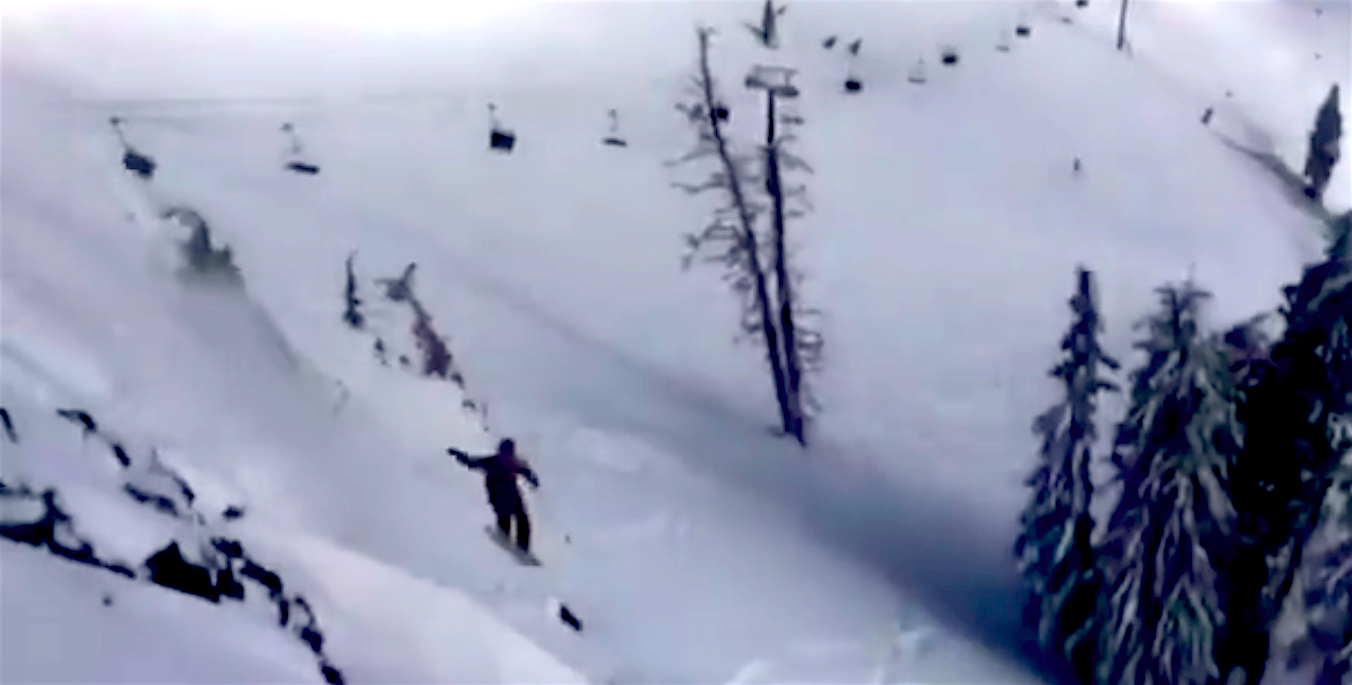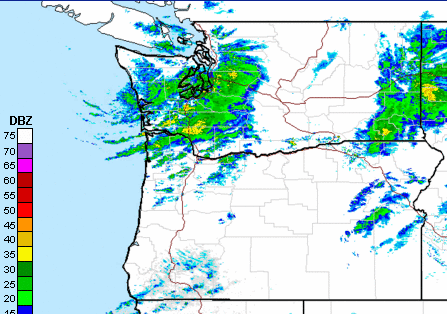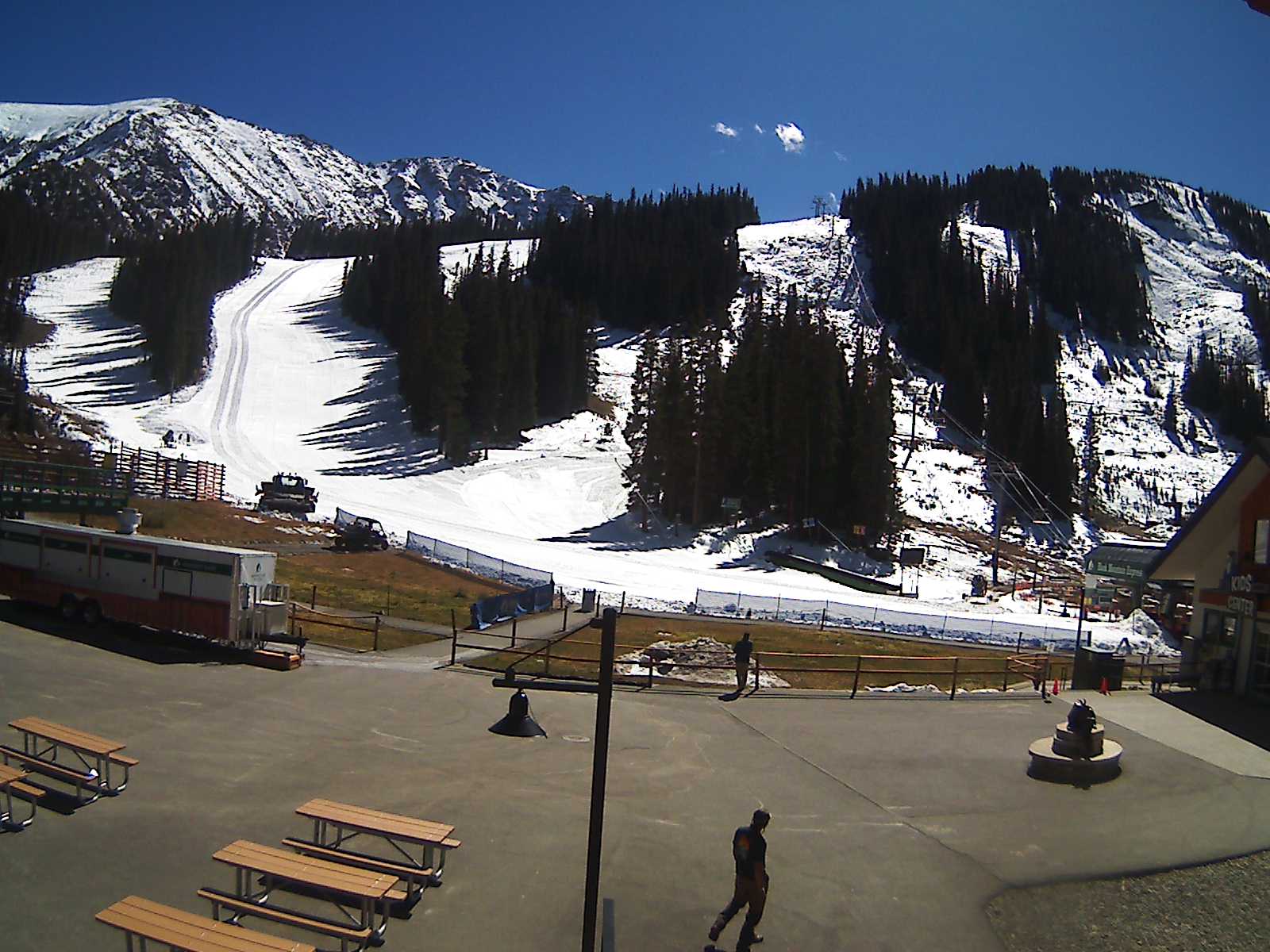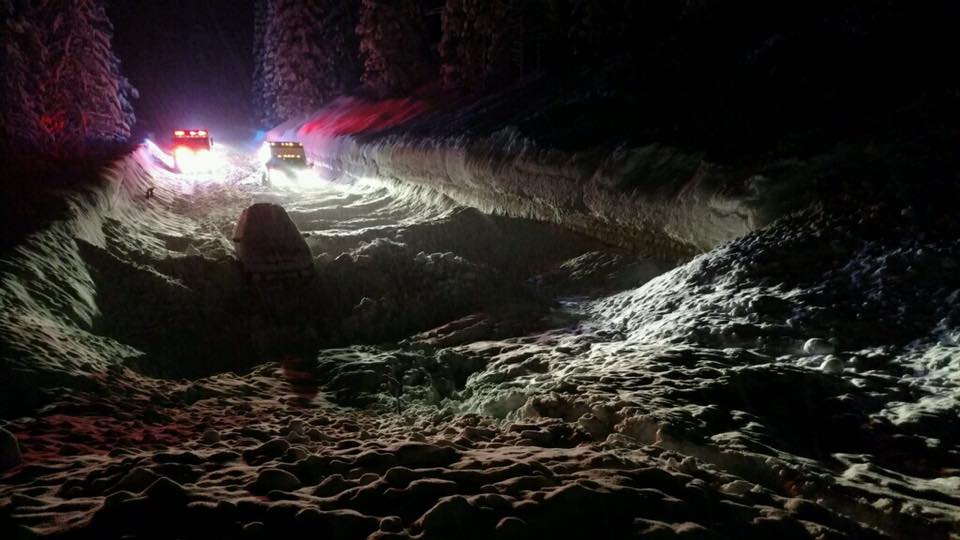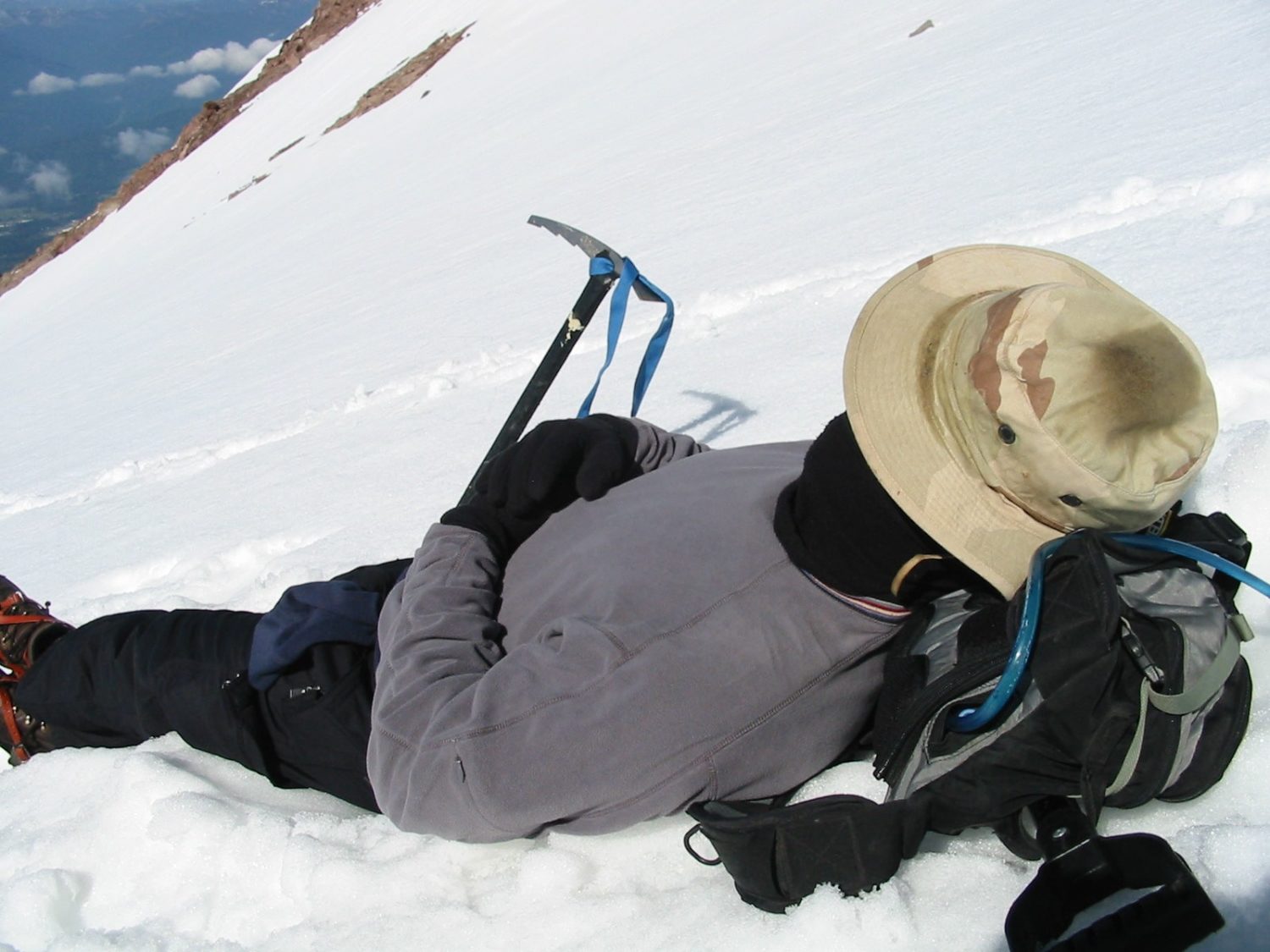
Early morning ascents and aprés that go later than planned can often put skiers and outdoor enthusiasts on terrain with less than the preferred amount of sleep. Most of us quickly learn the importance of obtaining a healthy amount (6-8 hours) of sleep before any day, especially in the backcountry or in the midst of any other physically demanding day. However, there comes a time (or two, or three…) where you’re already facing the consequences of sleep deprivation, but can’t cope with compromising the day ahead for extra rest. How does this really affect the body?

According to a study done on ‘Sleep Deprivation and the Effect on Exercise Performance‘ by VanHelder and Radomski, sleep deprivation of 30-72 hours does not actually have any adverse consequences on muscular, cardiovascular or respiratory responses at varying intensity. This means that, within this study, the actual performance of the body did not decrease. Time to exhaustion, however, decreased dramatically. So while your body may work the same for the first stretch of time, it will quickly crash.
More importantly, after only 24 hours of sleep deprivation, brain function intensely decreases. According to ‘Blame tired blame cells for mental lapses after poor sleep,’ from UCLA there are serious declines in memory, vision and connection making. Even if your body is persevering, your mind could be slow enough to make serious or even fatal mistakes in sensitive situations. This is especially important when you have a partner(s) depending on you for safety and/or rescue.

